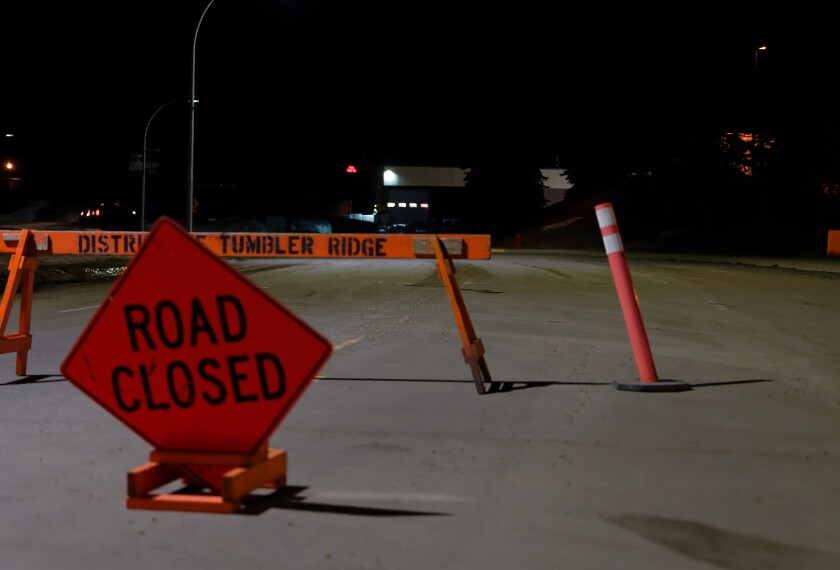Since President Barack Obama articulated, in a most personal way, the painful, commonplace encounters with racism that many African-American boys and men experience, his reflections have sparked new—and renewed some old—conversations about what schools and educators can do to support black male youths.
The president’s remarks last month—in which he described his own experiences as a black man with arousing suspicions in a department store or on a street corner—came after days of angry protests in the wake of the Trayvon Martin verdict. In that high-profile, racially charged case, a Florida jury found defendant George Zimmerman, a white and Hispanic neighborhood-watch volunteer, not guilty in the shooting death of Mr. Martin, an unarmed African-American 17-year-old.
For some educators and advocates, the president’s extemporaneous speech—which called for American society to do more to support and value African-American males—has put the persistently precarious state of black boys and men into the brightest possible spotlight.

What should be done in America’s public schools, where research consistently shows that African-American males are the least likely demographic group to read on grade level and the most likely to be suspended or expelled, referred to special education, or drop out?
How can educators and advocates seize on the momentum from President Obama’s comments, and the renewed national attention on race, to take action at the schoolhouse level and all the way to the national level? Some practitioners and advocates shared their ideas in interviews with Education Week.
We need to spend some time in thinking about how do we bolster and reinforce our African-American boys? ... There are a lot of kids out there who need help who are getting a lot of negative reinforcement. And is there more that we can do to give them the sense that their country cares about them and values them and is willing to invest in them?”
President Obama
July 19 remarks
“We have to start by focusing around the historical contributions and identity of young men with African ancestry. We have to deal with the social and emotional issues that young people come to school with and give them strategies to transcend and rise above them. We have to give them an academic environment that also supports their social and emotional needs so they start to see themselves as learners, as scholars.”
Kamau Ptau
Program Curriculum and Facilitator Development Specialist,
Sankofa Passages, Philadelphia
“I am a tutor. The kids I tutored in reading this year were two African-American boys, and just that act of going in and taking one hour a week to help them and to show them a different path is very impactful. I was an African-American boy, so I know the impact that can have on a child. Helping these young boys to become readers, and students who love to read, is critical.”
Byron McCauley
Senior Director of External Relations
KnowledgeWorks, Cincinnati
“This moment cannot be swept under the rug. As educators, we have to make this a moment of inquiry and pose some essential questions. When you hear the most powerful man in the world talking about that feeling of walking past a woman who clutches her pocketbook closer, how does that resonate with all students? Have a town hall in high schools and talk about this openly, from all perspectives.”
Ronald Walker
Executive Director
Coalition of Schools Educating Boys of Color
Cambridge, Mass.
“I think we haven’t, as a country, figured out the correct policy levers to make real systemic change in districts that have large numbers of black and Latino boys, and this is increasingly true of black and Latina females as well. We’ve spent a lot of time as a nation talking about standards-based education. Those reforms we’ve put in place, by and large, haven’t worked. We need to think about supports-based education.”
Cassie Schwerner
Senior Vice President for Programs,
Schott Foundation for Public Education
Cambridge, Mass.





